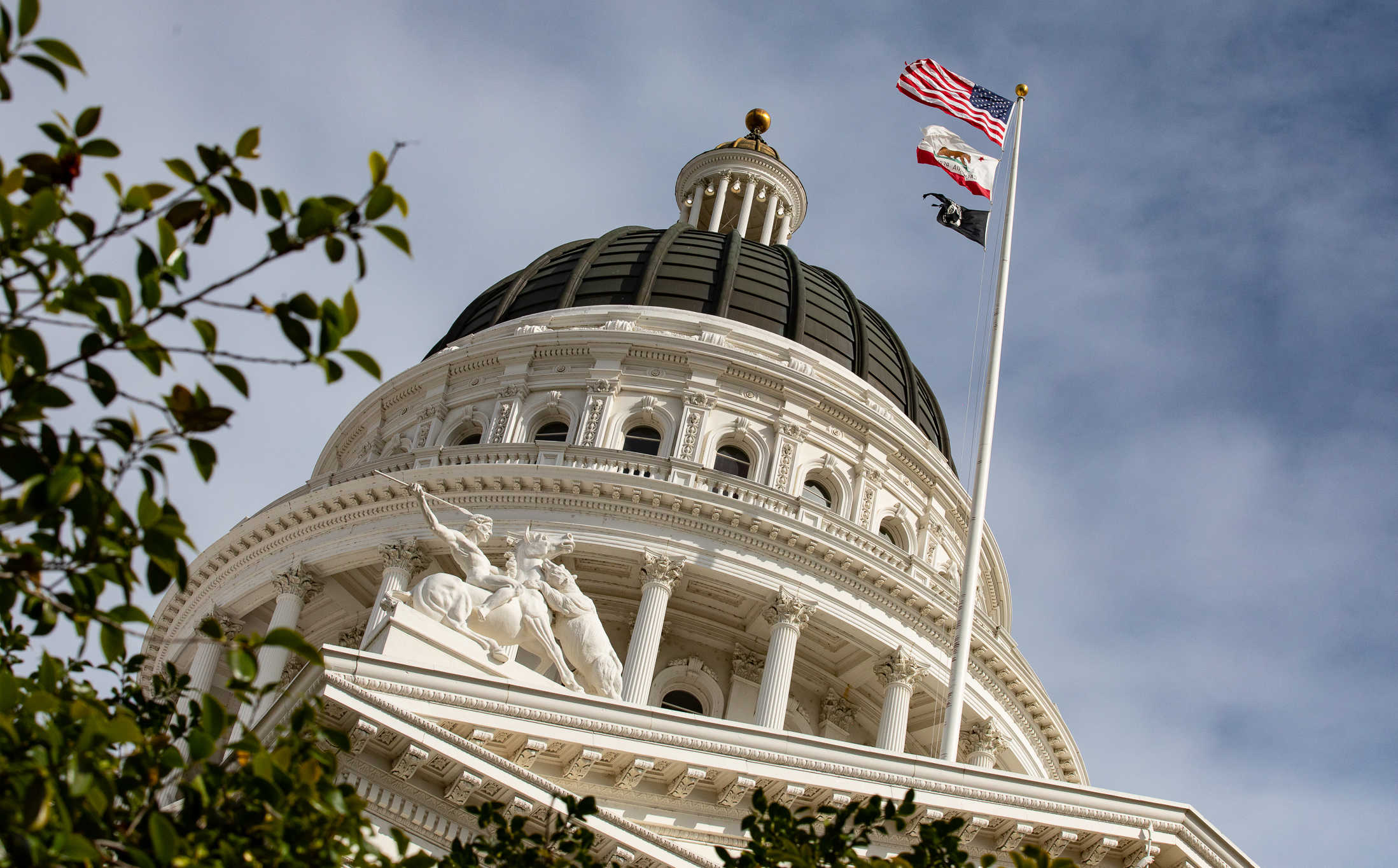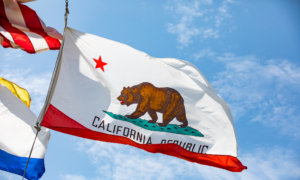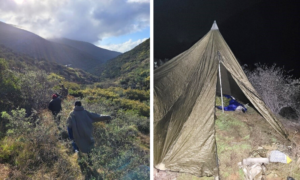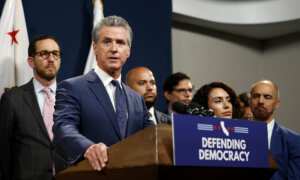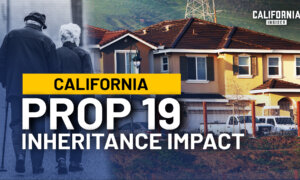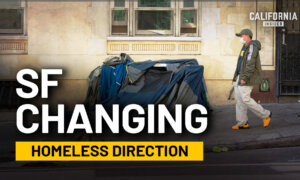Traffic Stops (AB 2773)
Police officers in California will be required to explain the reason for a traffic stop when pulling a driver over.
The purpose of the law, according to the bill’s author, is to reduce “racially biased” traffic stops for low-level infractions—such as expired plates or a broken taillight.
Known as pretextual stops, such practices have resolved some significant criminal cases, including that of a serial killer who murdered 12 women in the 1980s in Riverside County.
Criminal History and Rental Housing (AB 1418)
The law will prohibit local governments from adopting rental ordinances, rules, or regulations—known as “crime-free” housing policies—based on tenants’ contact with law enforcement.
Historically, such practices were in place to assist landlords in maintaining the safety of rental properties.
However, proponents have argued such is often driven by racial animus and a desire to counteract demographic trends.
Gender-Neutral Toy Section (AB 1084)
Under the new law, stores with 500 or more employees in California that sell children’s products are required to include a gender-neutral area for toys “regardless of whether they have been traditionally marketed for either girls or for boys.”
Those that fail to comply will be fined up to $250 for the first violation and $500 for a subsequent violation.
Supporters said in the bill’s analysis that it allows parents and children “freedom of self-expression,” and that such change could potentially help reduce price disparities between products marketed toward boys and girls.
However, groups opposing the bill said it would interfere with the free-market economy and would be government overreach.
Increasing Number of Abortion Practitioners (SB 385)
The new law grants physician’s assistants in California the authority to conduct surgical abortions without the direct supervision of a physician.
Currently, they are only allowed to provide abortion aspirations when a physician isn’t physically present.
According to the bill’s author, state Sen. Toni Atkins (D-San Diego), such a change will greatly increase the number of practitioners available to provide such procedures.
However, critics have said they oppose reducing physician oversight, citing concerns that such could lead to misconduct and that easier access to abortion could also potentially lead to less well-considered decisions.
More Paid Sick Leave (SB 616)
The law raises an employee’s entitled paid sick leave from three days or 24 hours to five days or 40 hours. Employees must be eligible to earn the paid time off after six months of employment.
Additionally, the legislation changes how sick leave is accrued, adding the requirement that employees must accumulate a minimum of 40 hours of sick leave or paid time off by the 200th calendar day of employment or each calendar year, or within each 12-month period.
Off-Duty Cannabis Use (SB 700)
The law makes it illegal for an employer to request information from an employee regarding their use of cannabis off the job and outside the workplace.
Such will extend to both the hiring and firing processes, ensuring that an applicant can’t be denied employment solely based on their use of cannabis.
LGBT Youth and Foster Parents (SB 407)
This new law instructs the California Department of Social Services to guarantee placement of LGBT youth with gender-affirming foster parents.
Under the law, potential foster parents are required “to demonstrate the capacity to meet the needs of a child, regardless of the child’s sexual orientation or gender identity,” and will also be assessed for their ability “to care for and supervise children and youth of all sexual orientations and gender identities.”
Gov. Gavin Newsom said the day he signed the bill that “these measures will help protect vulnerable youth, promote acceptance, and create more supportive environments in our schools and communities.”
But opponents say the law might lead to fewer potential foster parents, particularly among those with religious beliefs—who often hold traditional views on gender identity.
There are more than 49,000 foster youth in California as of October 2023, according to the California Child Welfare Indicators Project.
Social Media Content Moderation Law (AB 587)
The law requires large social media companies to publicly post their content moderation policies and submit data to the government about their decision-making of such policies and how they enforce them.
Opponents, including social media giant X, formerly Twitter, say the law is intended to minimize content that the government deems improper and is an overstep of its authority.
Medi-Cal for Illegal Immigrants
Under
new regulations, low-income individuals aged 26 to 49 in the state will be eligible for Medi-Cal, regardless of citizenship status.
The allocation, with a cost of around $2.7 billion, marks the final phase of the state’s Medi-Cal coverage expansion to include illegal immigrants. Currently, all individuals under 26 and over 50 are covered by the program.
Once the final phase is completed, close to 1 million illegal immigrants in the state will be covered.
Nationwide, California will be the only state that offers free health care to undocumented residents.
Minimum Wage Increase
California’s minimum wage
increased from $15.5 to $16 per hour for all employees on Jan. 1.
However, some employees in certain areas will make more per hour due to local ordinances.
Currently, West Hollywood has the nation’s highest minimum wage at $19.08, which is expected to increase again on July 1, according to a report from University of California–Berkeley’s Labor Center.
Ban on ‘Excited Delirium’ as Cause of Death (AB 360)
The law forbids coroners, medical examiners, and physicians from attributing deaths—such as those who die while in police custody—to “
excited delirium,” making California the first state to enact such a ban.
The phrase has been used to describe the phenomenon when an individual undergoing intense agitation may experience sudden death. The term became widely known in the aftermath of George Floyd’s death in 2020.
Lift of Lowrider Ban (AB 436)
This new law removes decades-long statewide restrictions on lowrider cruising and eliminates the ability of cities and towns to impose their own bans on cruising, acknowledging the cultural significance of cruising for many communities.
Lowriders—characterized by vibrant designs, lowered bodies, and adjustable suspension with hydraulics—are customized cars that can bounce up and down while cruising at low speeds.
However, opponents of the new law voiced their concerns about increased drug activity, firearm possession, gang violence, and adverse effects on businesses stemming from gatherings organized by lowrider communities.
